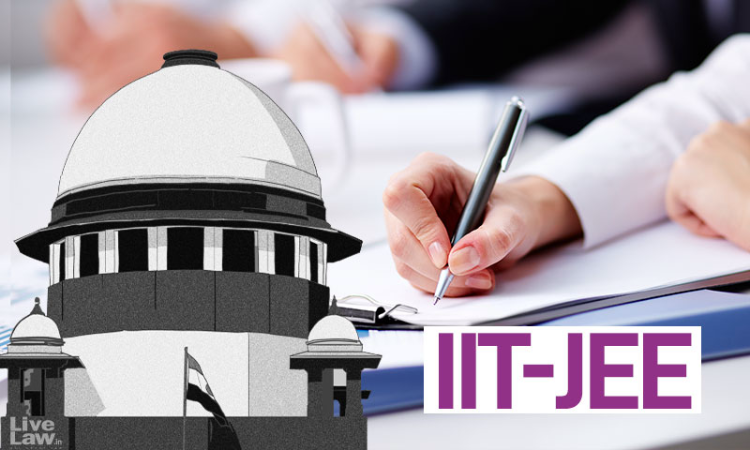Condition Barring Student Who Joined IIT From Appearing In JEE(Advanced) Valid; Aimed At Preserving Valuable Public Resource Of IIT Seats : Supreme Court
LIVELAW NEWS NETWORK
30 Sept 2021 2:04 PM IST

The Court said that the classification of IITs and non-IIT institutions is warranted.
Next Story


